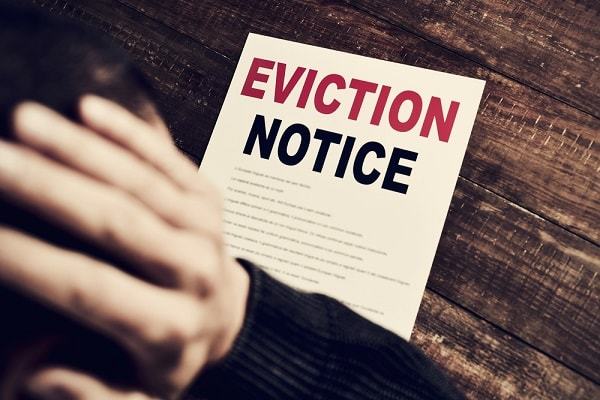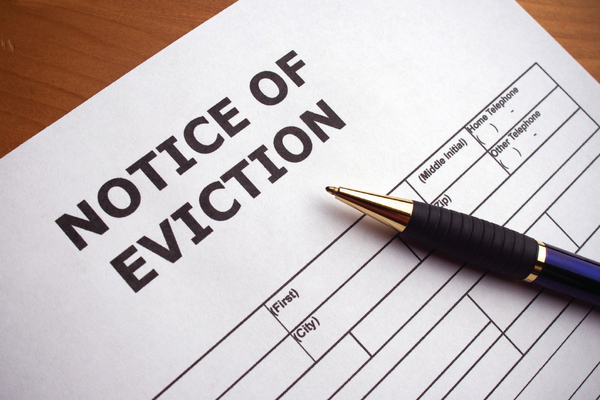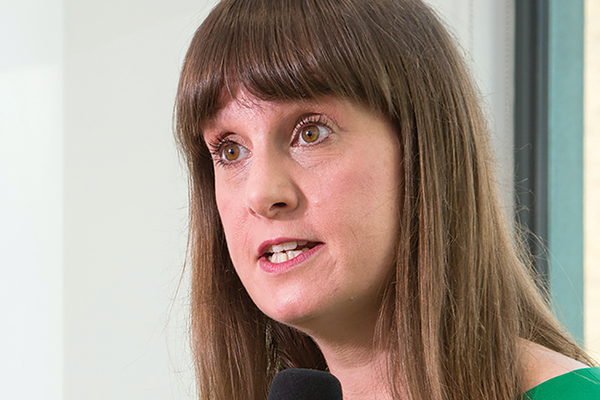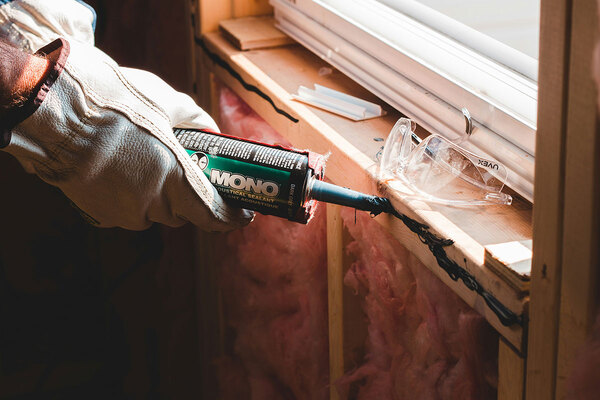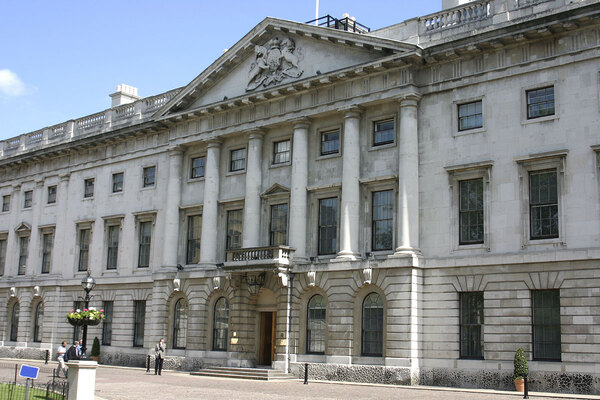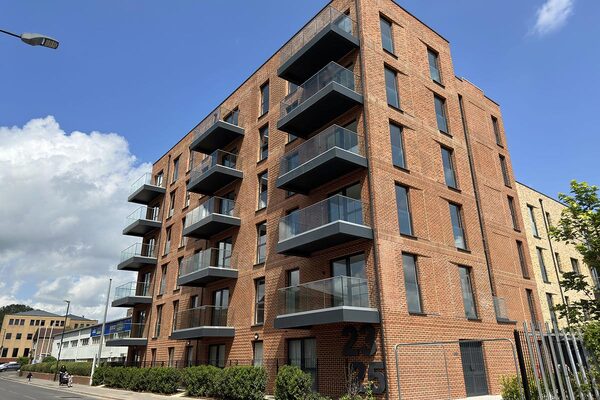You are viewing 1 of your 1 free articles
Housing associations to avoid evictions caused by coronavirus rent arrears
Social landlords are preparing to absorb the impact that coronavirus may have on rent arrears as more and more tenants are forced out of work.
As the virus continues to spread, landlords across the UK have said that they are striving to protect tenants and avoid evicting people into homelessness.
Tony Stacey, chief executive of South Yorkshire Housing Association (SYHA), told Inside Housing: “We will be flexible providing people are engaging with us. Even if their arrears are going up we won’t evict people into homelessness.”
SHYA said that it already has policies and procedures geared towards accommodating for “varying financial situations” including tenants on zero-hour contracts, in unstable employment and with benefit sanctions.
Mr Stacey added that evictions have fallen at SYHA from 50 in 2014/15 to nine in 2019/20.
“We would not expect to see evictions going up,” he said. “I’m sure arrears will take the strain to some extent. That’s all part of our financial planning at the moment and we are setting aside contingencies for these things.”
John Clark, chief executive of Plymouth Community Homes, said that his association would not evict anyone as a result of coronavirus and urged all landlords to do the same.
I would hope any social landlord would provide support and advice NOT evict in this situation. I can guarantee this will be our approach at @PlymCommHomes #DoTheRightThing t.co/bk9IzCtaMA
— John Clark (@CEOPCH)I would hope any social landlord would provide support and advice NOT evict in this situation. I can guarantee this will be our approach at @PlymCommHomes #DoTheRightThing https://t.co/bk9IzCtaMA
— John Clark (@CEOPCH) March 13, 2020
Clare Budden, chief executive of ClwydAlyn housing association in Wales, told Inside Housing that the landlord is being flexible with tenants to avoid evictions at all costs.
“We are working much more proactively with our tenants to understand why they got into difficulty paying their rents in the first place,” Ms Budden said.
She said the country is in “unprecedented times” and claimed that if associations develop good relationships with tenants they will start to pay again when they can.
Ms Budden added: “Unfortunately all of this is going to have a negative impact either on cash into the business or expenditure out. It’s up to each association to work out how far they can go with that.”
She also said repossession may not be a financially prudent step given the costs in repairs and lost rent.
ClwydAlyn is working on modelling that accounts for disruptions of between eight and 12 weeks, Ms Budden said.
The latest UK government figures show that the number of infections is now 1,950 and the number of deaths has reached 60 in the UK.
Brendan Sarsfield, chief executive of Peabody, stressed that the issue of rent arrears is a longer-term matter and said that the association is looking at how best to support tenants.
He said: “We have an expectation that tenants will pay – that can’t change because we need that to be able to do the repairs and provide the services. It is important to remember that our rents are very low.”
He said the housing association will work on a “case-by-case basis” with tenants who have a particular issue.
In a briefing note sent to Inside Housing by the Northern Ireland Housing Executive, which owns 90,000 properties, said it would take a sensitive approach to those in financial difficulty.
Pressure has been growing on the government to help renters after chancellor Rishi Sunak announced on Tuesday that mortgage lenders would be offering customers a three-month ‘mortgage holiday’.
More on coronavirus
To see all our coronavirus coverage to date – including the latest news, advice to providers, comment and analysis – use the link below.
